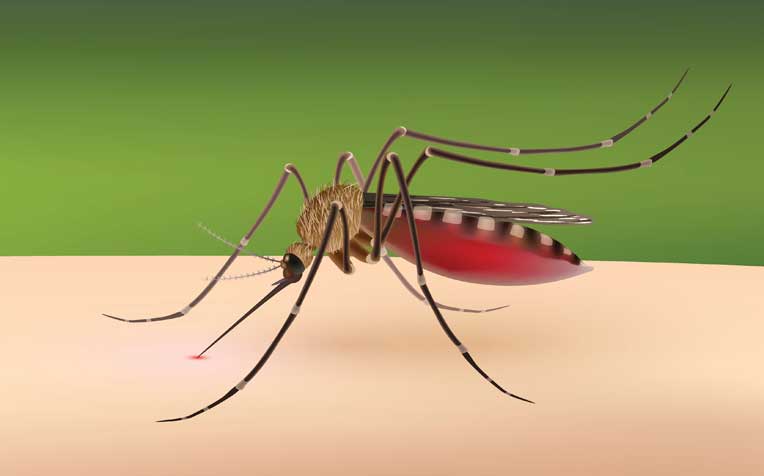
Dengue fever, which is carried and spread by the Aedes mosquito, currently does not have a cure or a vaccine.
Celgosivir - a safe medicine
Celgosivir is a safe medicine that was tested in the United States, Canada and Europe against other viral infections, said Dr Jenny Low, Senior Consultant, Department of Infectious Diseases, Singapore General Hospital (SGH), a member of the SingHealth group.
About 600 patients took Celgosivir in those studies. The medicine was tested on human immunodeficiency virus (HIV) patients in the early 1990s, and on patients with chronic hepatitis C virus infections from the late 1990s to around 2007 in the US and Europe.
In those studies, when patients first started taking the medicine, there were mild gastro-intestinal side effects such as gas production and mild diarrhoea. But these did not affect the patients’ lifestyle, said Dr Low.
She added that the symptoms disappeared for some patients who took the drug for three to six months as their bodies adapted to the drug.
The side effects can also be mitigated by changes in dietary habits and the types of food eaten, said Dr Low.
What is dengue fever?
Dengue fever is caused by the dengue virus, which is carried and spread by an infected Aedes mosquito. The disease cannot be spread by physical contact between humans.
There are four types of dengue virus. Infection by one type usually provides lifelong immunity to that virus strain, but only short-term immunity to the other types of dengue. The incubation period is between three and 14 days. Dengue haemorrhagic fever and dengue shock syndrome are more severe forms of dengue which can result in death.
Symptoms of dengue fever
Symptoms usually develop four to seven days after infection. Symptoms include:
- Sudden onset of fever
- Severe headache, especially behind the eyes
- Severe joint and muscle pain
- Nausea and vomiting
- Body rash
Treatment options for dengue fever
There is currently no vaccine for dengue and no approved medicine for treating dengue fever. However, supportive care with intravenous fluids and frequent blood tests can help to reduce complications. In severe cases, blood transfusions may be required.
Patients need plenty of bed rest. They should drink a lot of fluids and take medicine to reduce the fever.
Adapted from information available on the Ministry of Health, Health Promotion Board and National Environment Agency websites.
Ref: T12
Contributed by


















 Get it on Google Play
Get it on Google Play